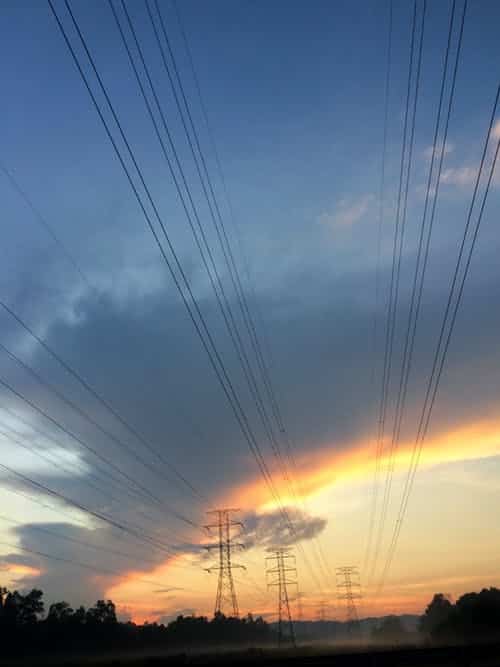Oregon Commission Approves 2022 Utility Wildfire Safety Strategies

The Oregon Public Utility Commission on April 25 approved the 2022 Wildfire Mitigation Plans (WMPs) for PacifiCorp, Portland General Electric, and Idaho Power. The commission also recommended that the utilities collaborate with commission staff as a means of improving the information they include in their plan for 2023. The Idaho Power 2022 plan was approved subject to the condition that it addresses identified deficiencies in its plan by June 28, 2022.
Following the devastating fires that swept across Western Oregon in September 2020, the state enacted legislation in August 2021 requiring utilities to identify high-risk areas within their service territory and reduce those risks. The bill requires utility plans to include protocols for precautionary power shutoffs to prevent fires from igniting infrastructure. Executive Order 20-04, issued by Oregon Governor Kate Brown in 2020, directed the public utility commission to evaluate wildfire protection plans and activities of regulated electric utilities to improve safety, reduce risks, and promote the resilience of the electric utility system.
PacifiCorp’s power shutoff zone includes 1,336 overhead distribution miles in Oregon, affecting 21,105 customers mostly in the south of the state. The utility plans to invest in hardening systems, installing weather stations, managing vegetation, and other risk mitigation measures.
Portland General Electric, the utility with the most customers in Oregon, identified 10 high-risk fire zones in its service territory susceptible to public safety power outages. The utility plans to spend on wildfire-related operations and maintenance and capital costs, as well as investments in vegetation management, wildfire training, and other activities. Idaho Power is directed to resubmit its WMP with an explanation of its cost/risk mitigation assumptions and its strategy to address these gaps in its 2023 plan.
PUC Commissioner Letha Tawney said that Oregon wildfire and electric collaboration will allow electric utilities and experts from across the state to share perspectives and approaches on how wildfires are changing and how they affect the utilities, their customers, and communities in Oregon.
According to Rogue Climate, an environmental group, Pacific Power should demonstrate its commitment to decentralization and redundancy by installing microgrids, storage, and rooftop solar in communities at high risk of wildfires and power outages, particularly to protect low-income residents and those with chronic medical conditions.
EnerKnol Pulses like this one are powered by the EnerKnol Platform—the first comprehensive database for real-time energy policy tracking. Sign up for a free trial below for access to key regulatory data and deep industry insights across the energy spectrum.
ACCESS FREE TRIAL